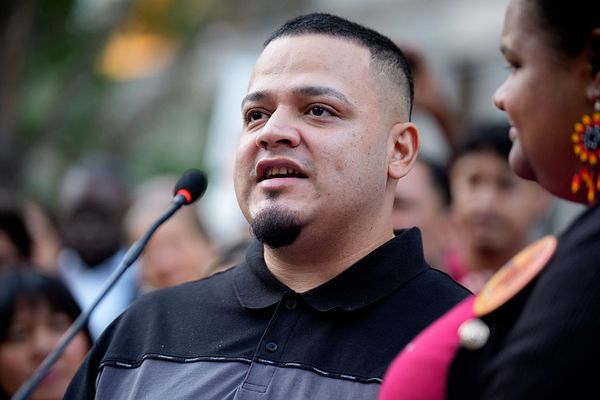
Spain and Brazil reported their first monkeypox-related deaths on Friday, marking what are thought to be the first non-African fatalities linked to the current outbreak of the disease.
Spain is one of the world's worst-hit countries, with 4,298 people infected with the virus, according to the health ministry's emergency and alert coordination centre.
"Of 3,750 patients, 120 were hospitalised and one case has died," the centre said in a report.
An official would not give the specific cause of death, pending the outcome of an autopsy.
Spain has since reported a second "monkeypox death", without further details.
In Brazil a 41-year-old man suffering from monkeypox has died.
The man, who local media said had serious immune system problems, died on Thursday in Belo Horizonte, the capital of the southeastern Minas Gerais state.
He "was receiving hospital treatment for other serious conditions", the state health ministry said in a statement.
"It is important to underline that he had serious co-morbidities, so as not to spread panic in the population. The death rate is very low" for monkeypox, said Minas Gerais health secretary Fabio Baccheretti, who added that the patient had been undergoing cancer treatment.
Cut down the number of partners
The World Health Organization (WHO) last Saturday declared the monkeypox outbreak a global health emergency.
According to the WHO, more than 18,000 cases have been detected throughout the world outside Africa since the beginning of May.
The disease has been detected in 78 countries, with 70 percent of cases found in Europe and 25 percent in the Americas, WHO chief Tedros Adhanom Ghebreyesus said on Wednesday.
As cases surge globally, the WHO on Wednesday called on the group currently most affected by the virus -- men who have sex with men -- to limit their sexual partners.
Ghebreyesus told reporters that the best way to protect against infection was "to reduce the risk of exposure".
"For men who have sex with men, this includes, for the moment, reducing your number of sexual partners, reconsidering sex with new partners, and exchanging contact details with any new partners to enable follow-up if needed," he said.
The symptoms, fever, swollen glands and a rash, usually disappear after two or three weeks.







